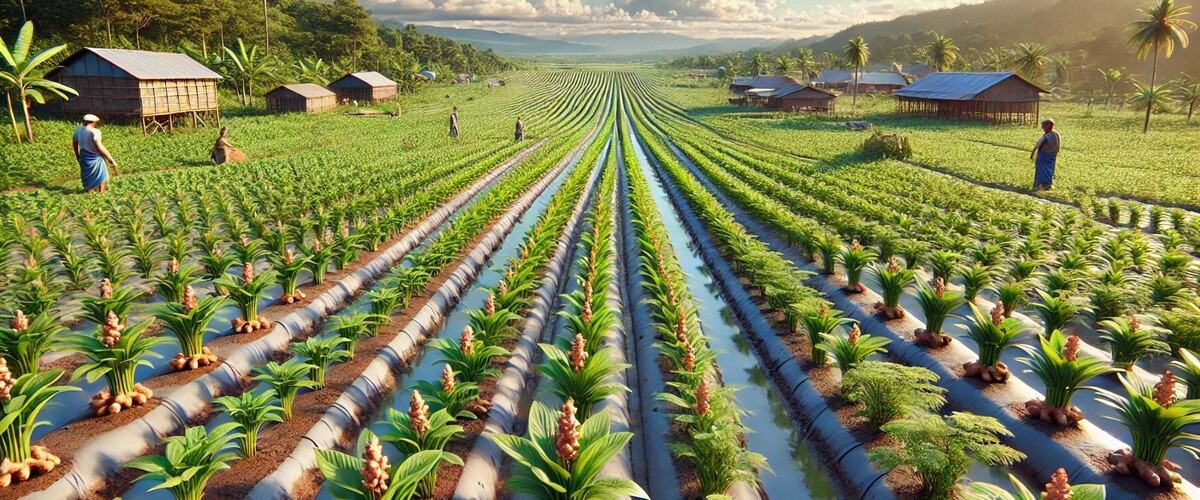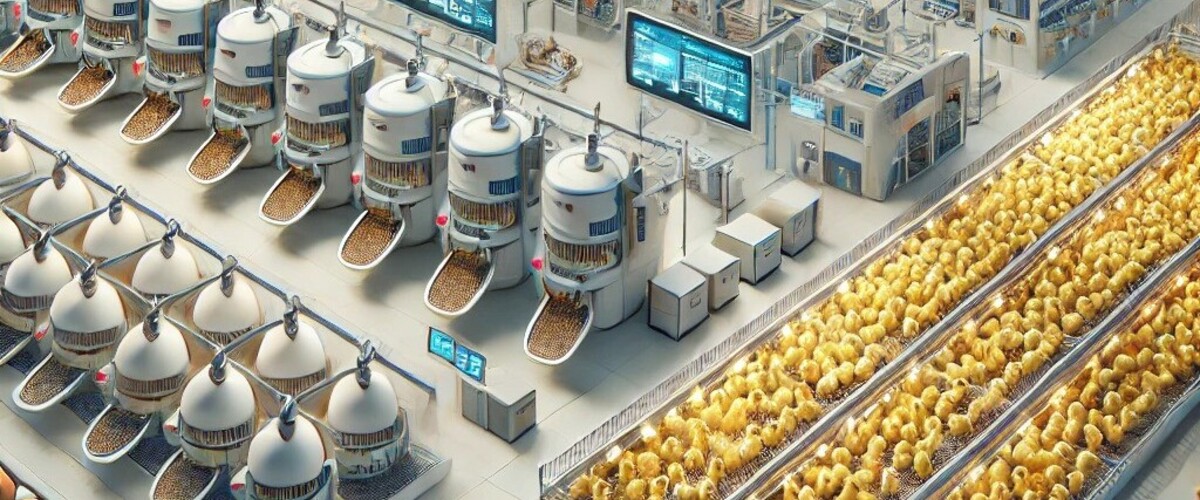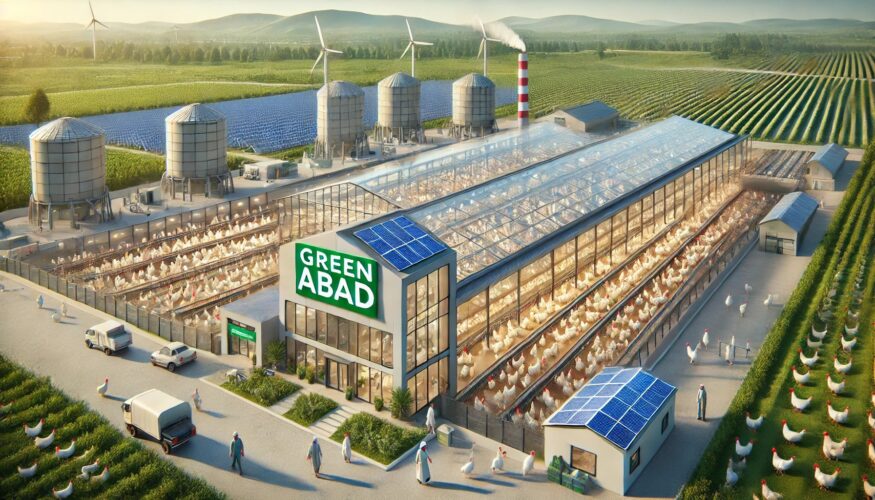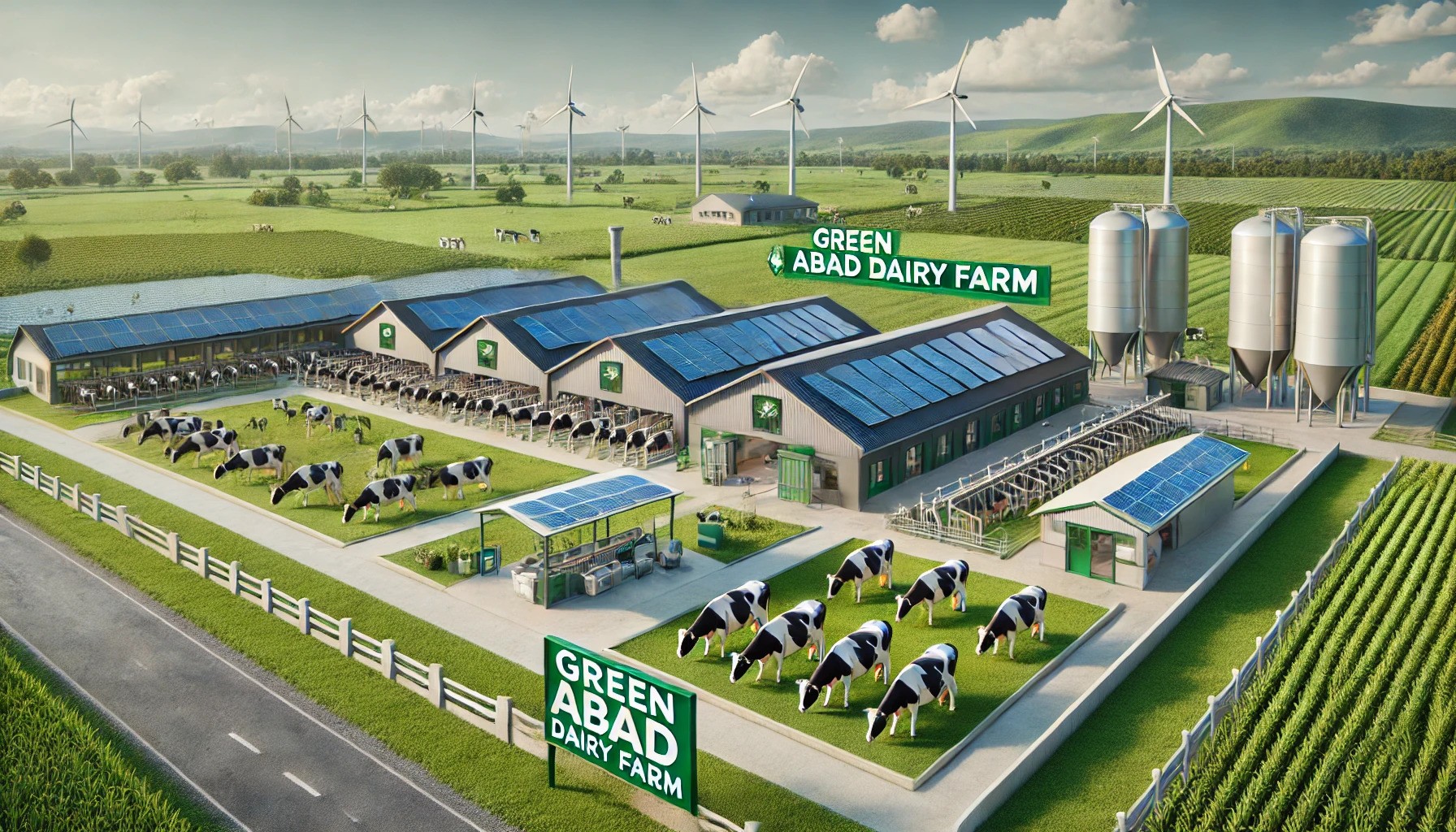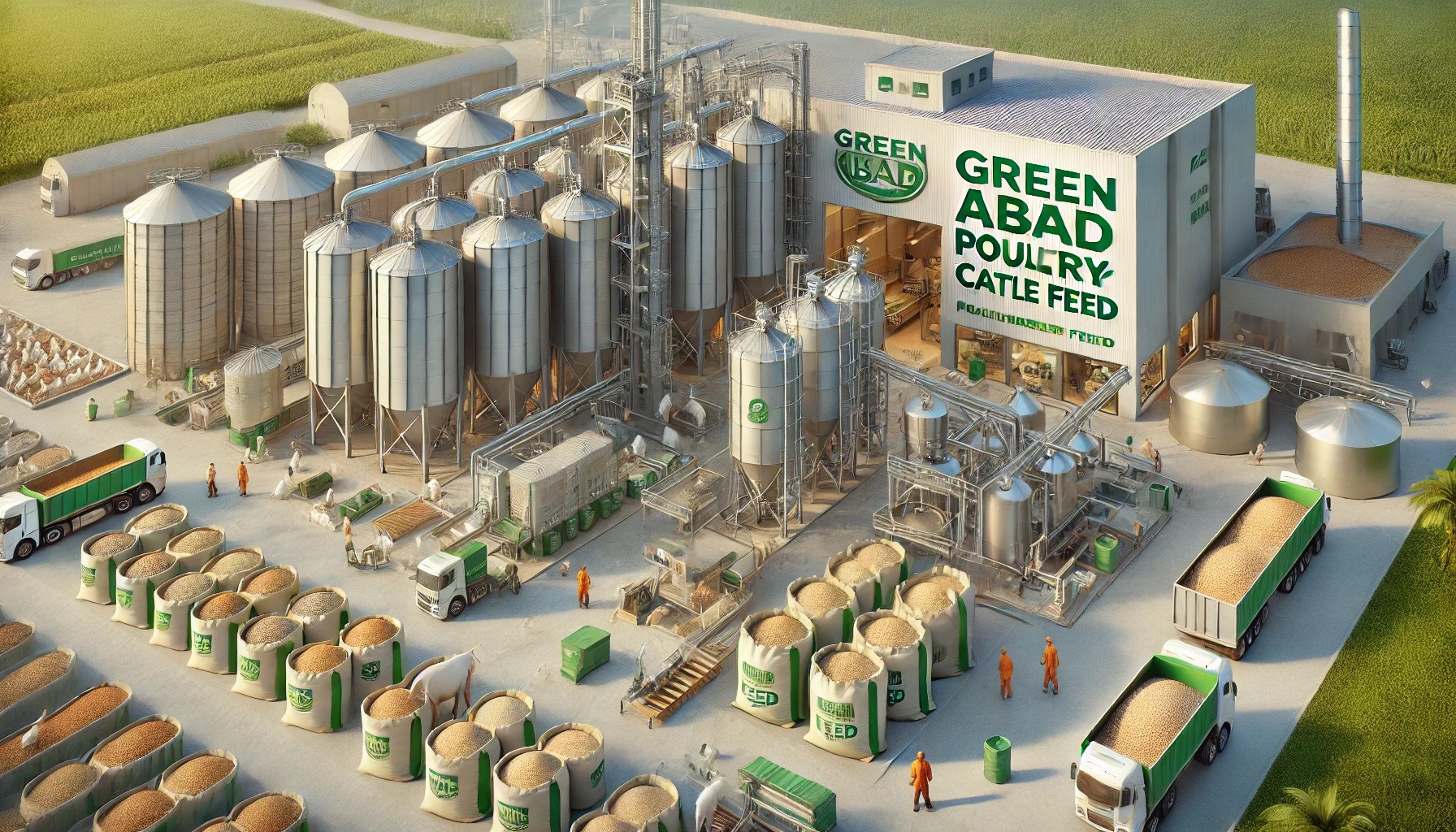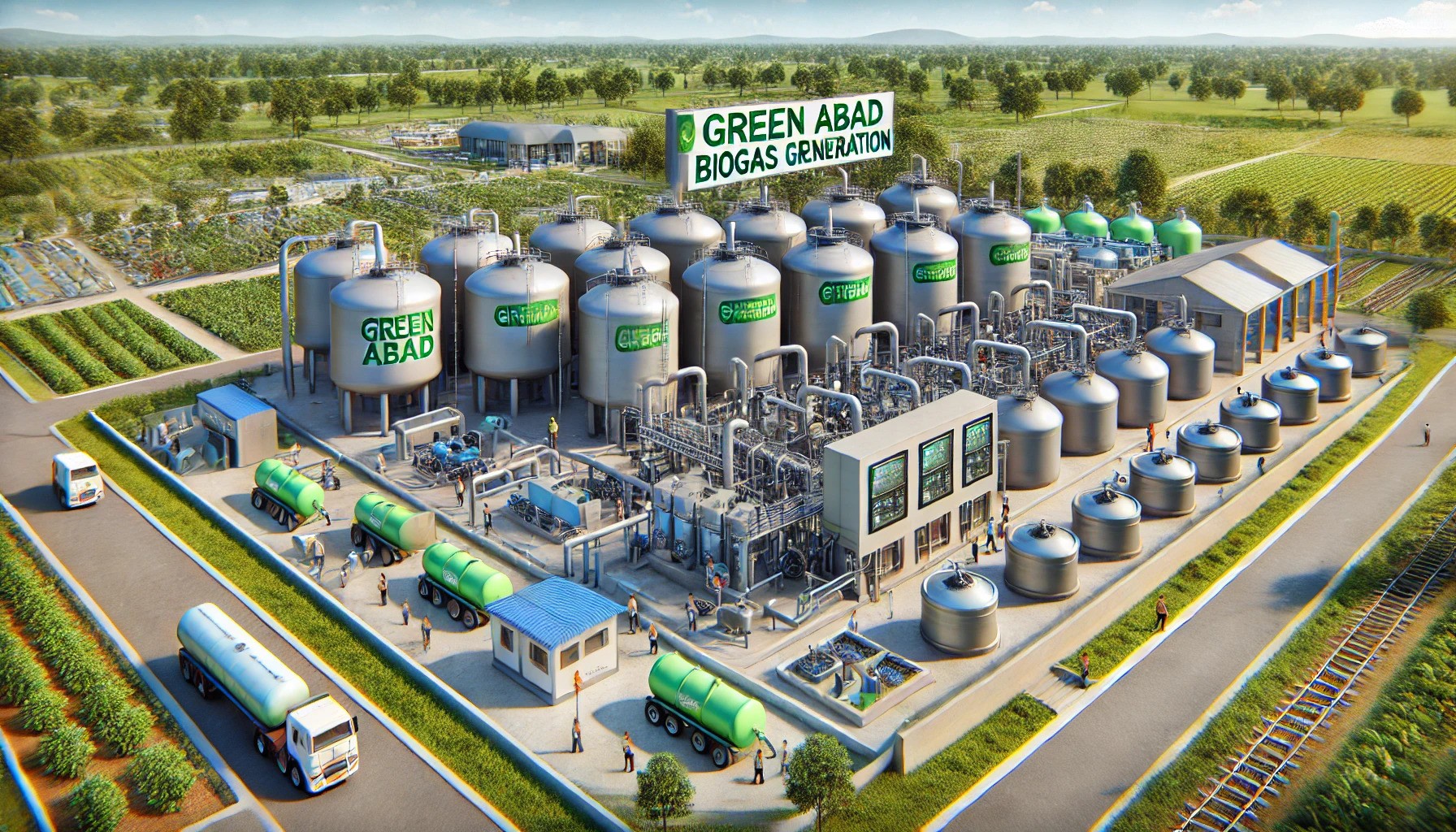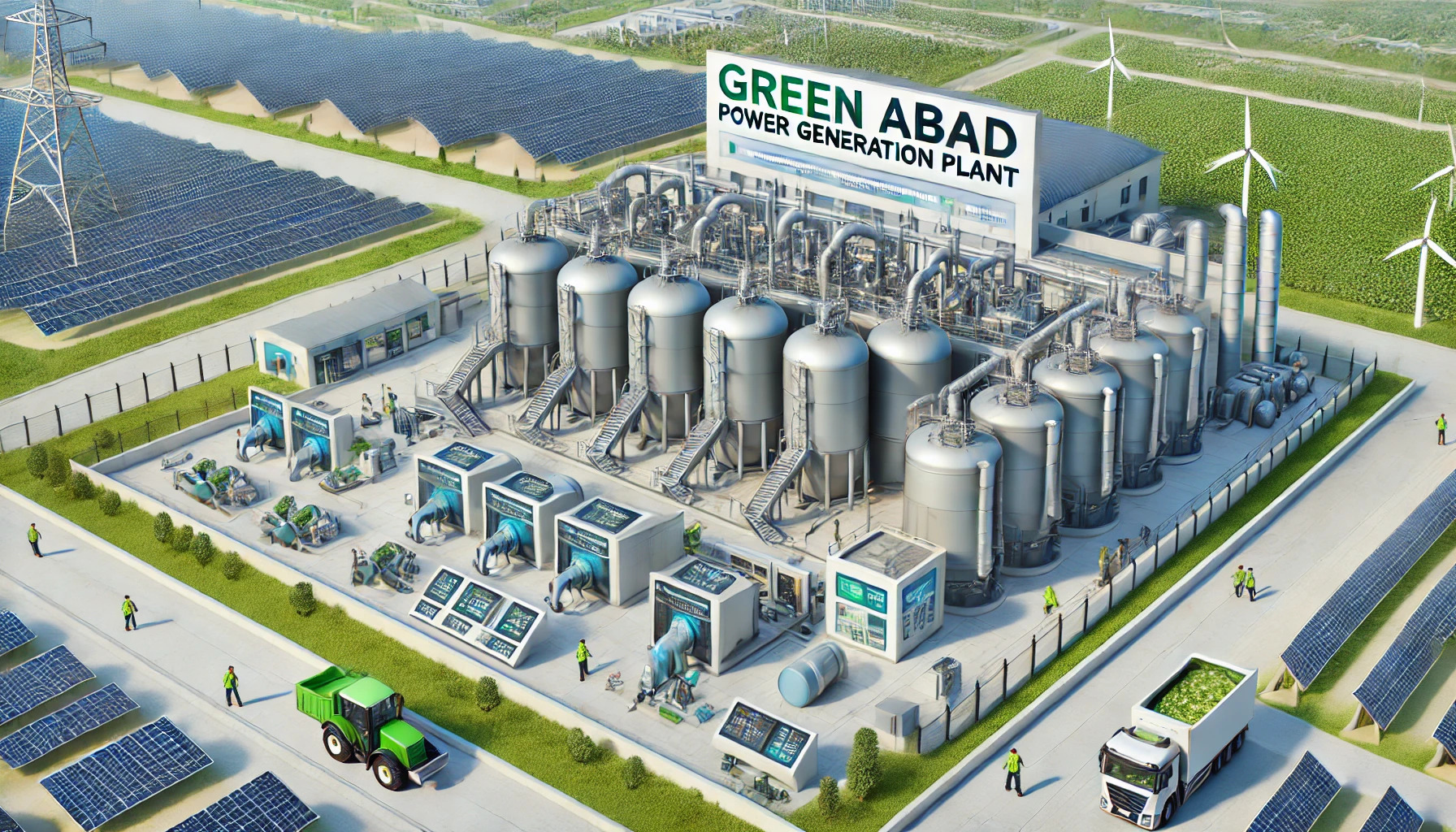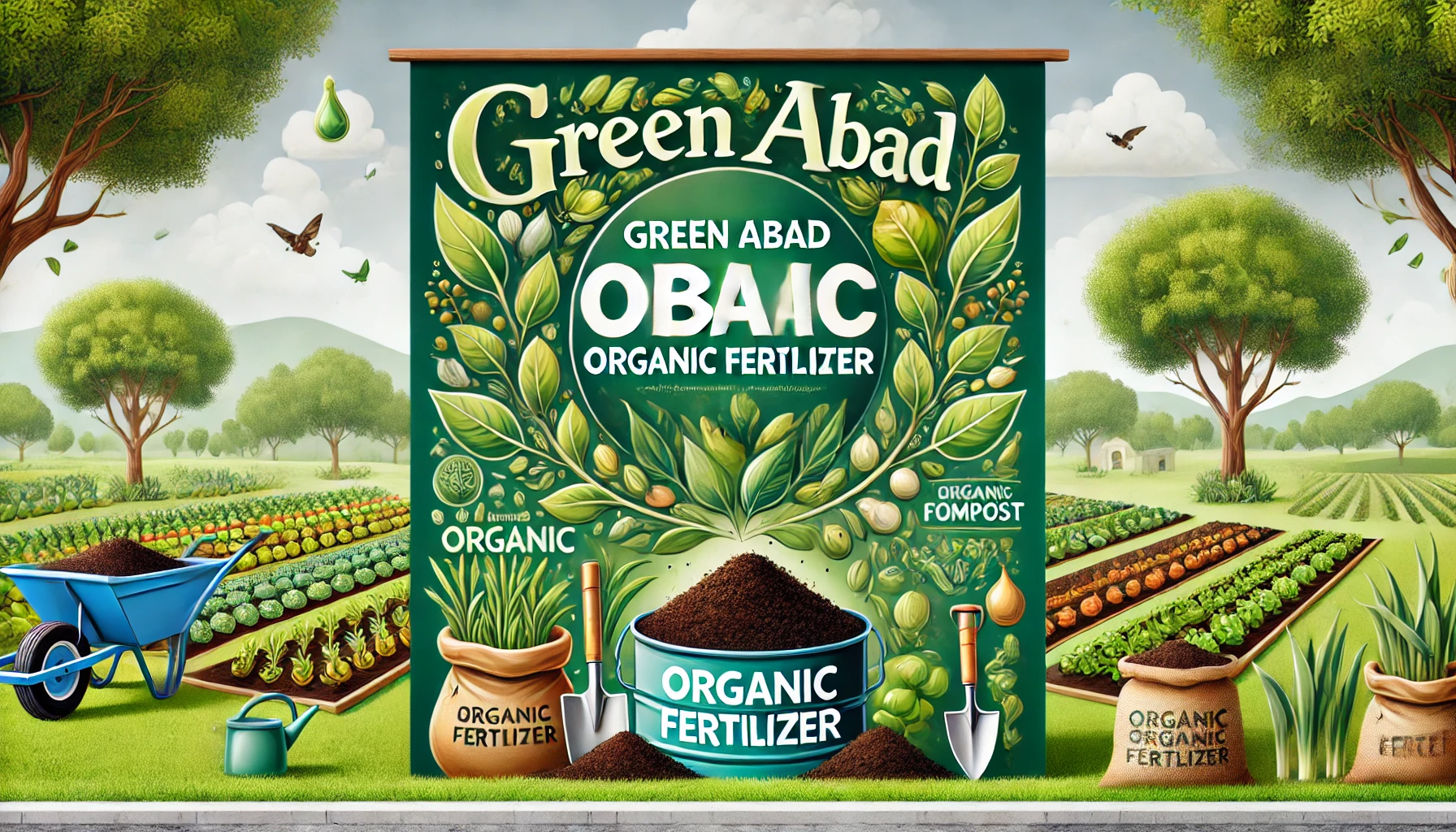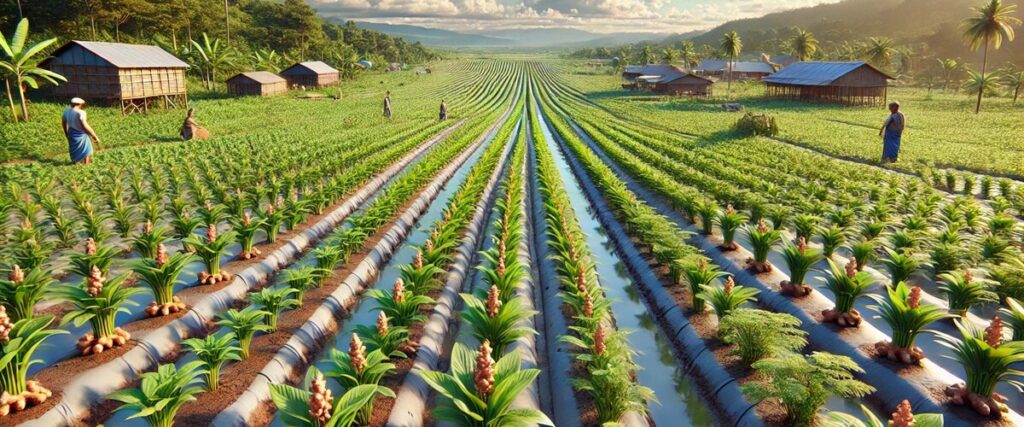
Adhunik Abad Limited will increase its ginger production in a big way within the next two years. The Green Abad Project, which is aimed at producing 150,000 Metric Tons of gingers so that they can be supplied to both the internal and external markets. By using modern farming methods and adhering to best practices, the firm’s main objective is to have higher yields of high quality products. The company’s move is long line with its marketing strategy that focuses also on sustainable agriculture and economic growth. Green Abd strives for innovation and efficiency thus positioning itself as one of the most reputable names in ginger production industry providing top end products according to increasing demand.
Technological Advancements

Precision Agriculture: Utilizing GPS and GIS technologies, the company will be aware of the very place to put a plant and the exact time to harvest it, so every crop receives the perfect number of waters, nutrients, and care it needs. Still, spreading this over vast fields is a serious challenge in making it uniform.
Automation: The Green Abad aimed to fully automate irrigation and insect’ monitoring activity over the large acreage of crops, thus reducing human labor costs while increasing yields. Advanced technology, including environmental sensors in concert with autonomous drones and targeted sprayers, would be synchronized to maintain ideal soil moisture levels and proactively address any infestations. The new approach was expected to increase productivity through AI-regulated, cautious watering and pest control rather than subjective human decisions. In the event of success, the automated systems would be able to create new standards of efficiency in agriculture through the round-the-clock control and intervention of machines as opposed to fallible human workers.
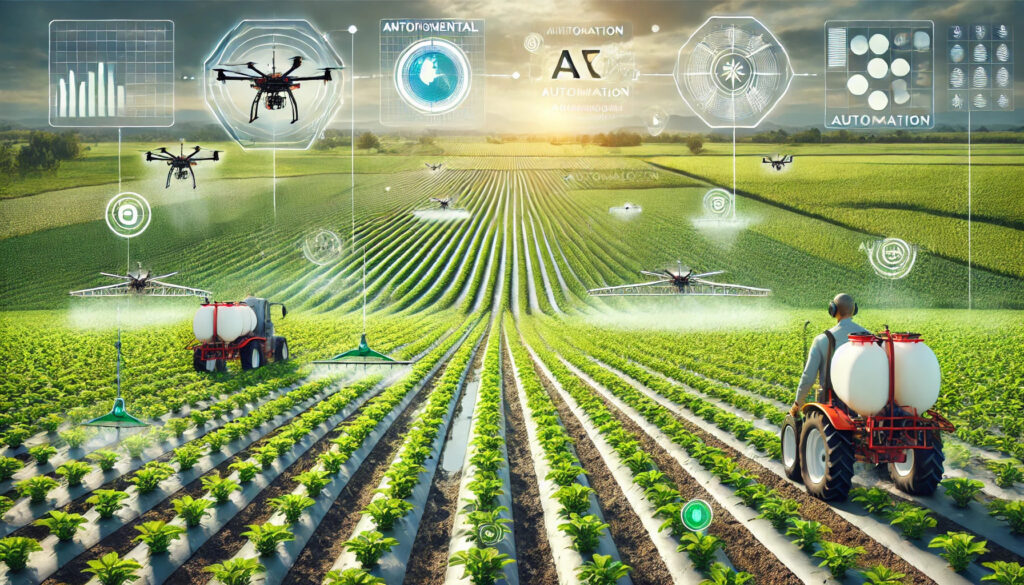
Facilities
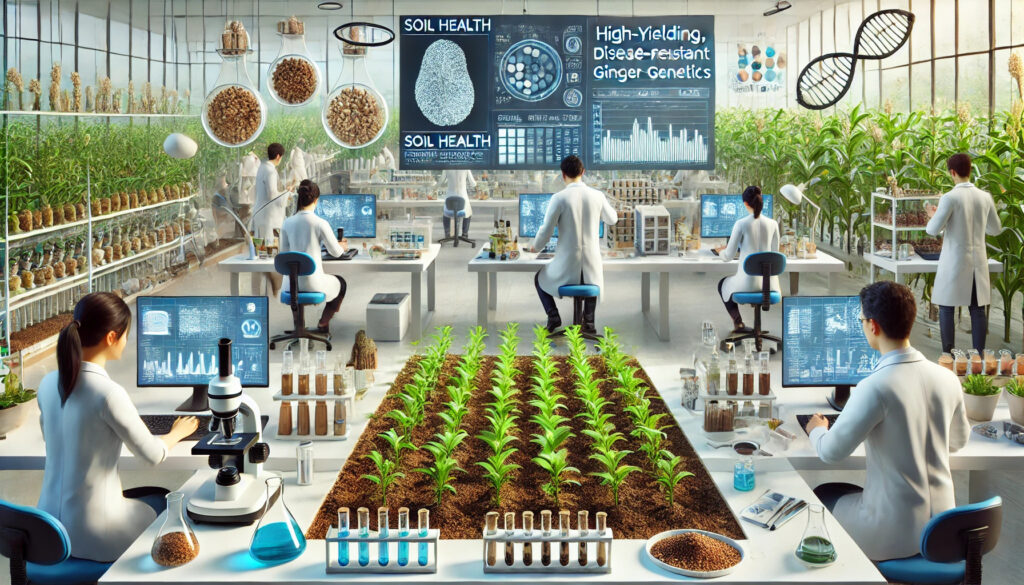
Research Labs: Green Abad will set up research labs to study soil health and crop genetics. The labs are to focus on developing high-yielding, disease-resistant ginger varieties, along with sustainable farming methods.
Storage Units: The storage facilities that will be built, will be nothing less than modern in design—those that can support and preserve the quality of the ginger after it has been harvested. The units shall be fitted with climate control systems to avert spoilage and maintain the produce’s freshness.
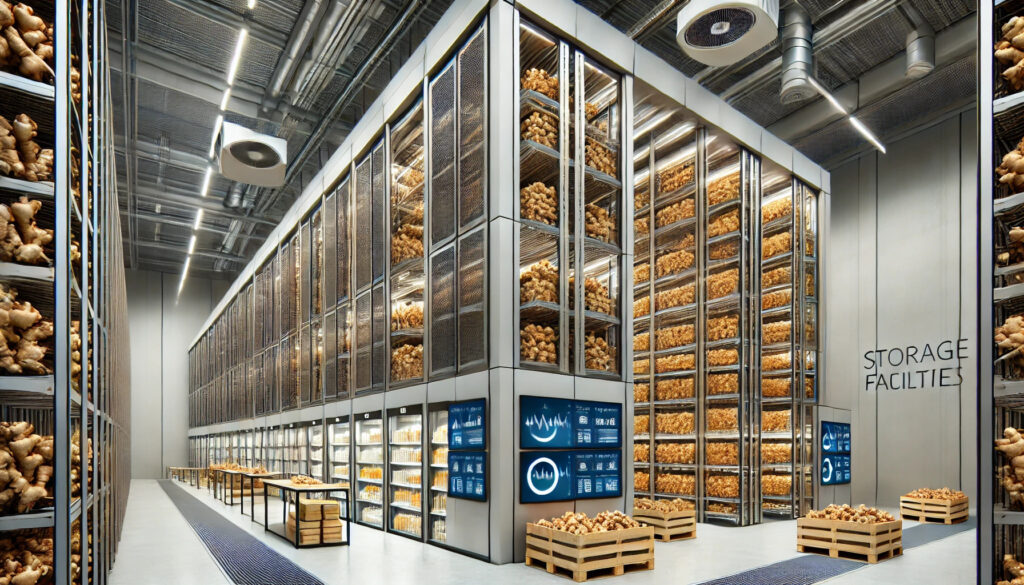
Environmental Impact
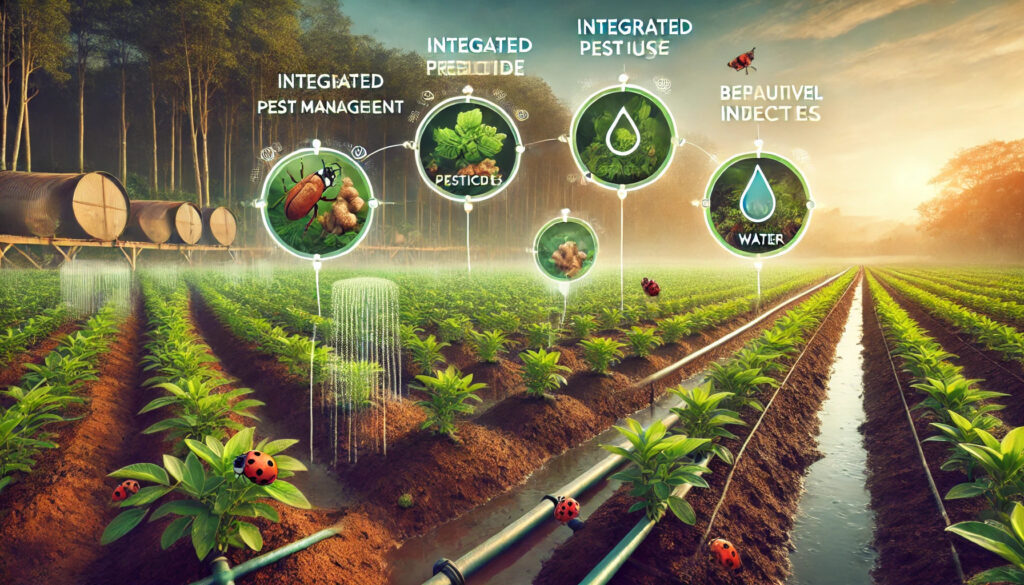
Sustainable Practices: Green Abad is going to go in for sustainable farming practices that will help cut down both pesticide and water use. The selected practices will involve integrated pest management and drip irrigation to have the least possible environmental impact.
Biodiversity: They will apply crop rotation and intercrop system practices—this, in turn, supports biodiversity, helps maintain soil fertility, and naturally reduces the pest population.
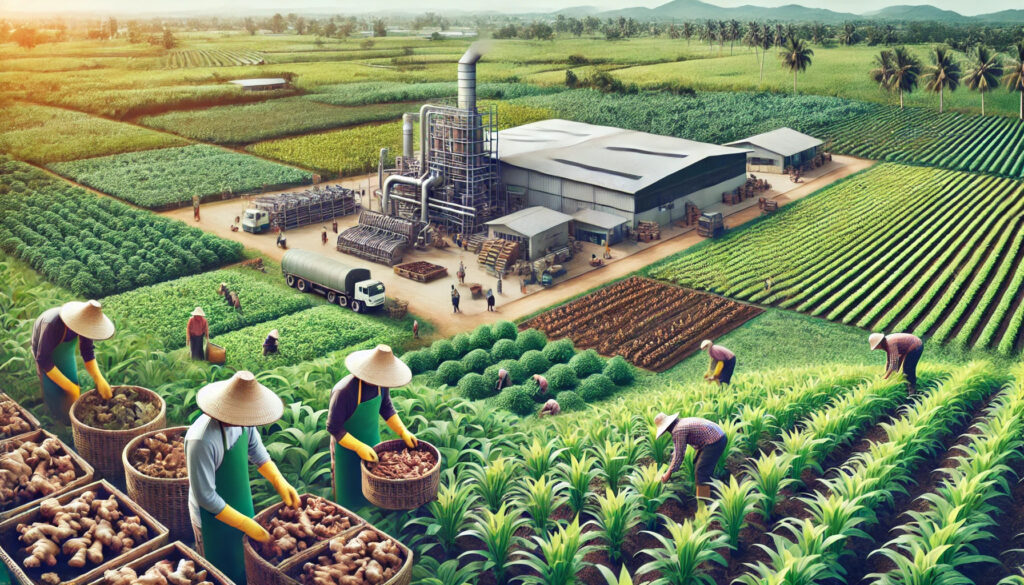
Economic Benefits
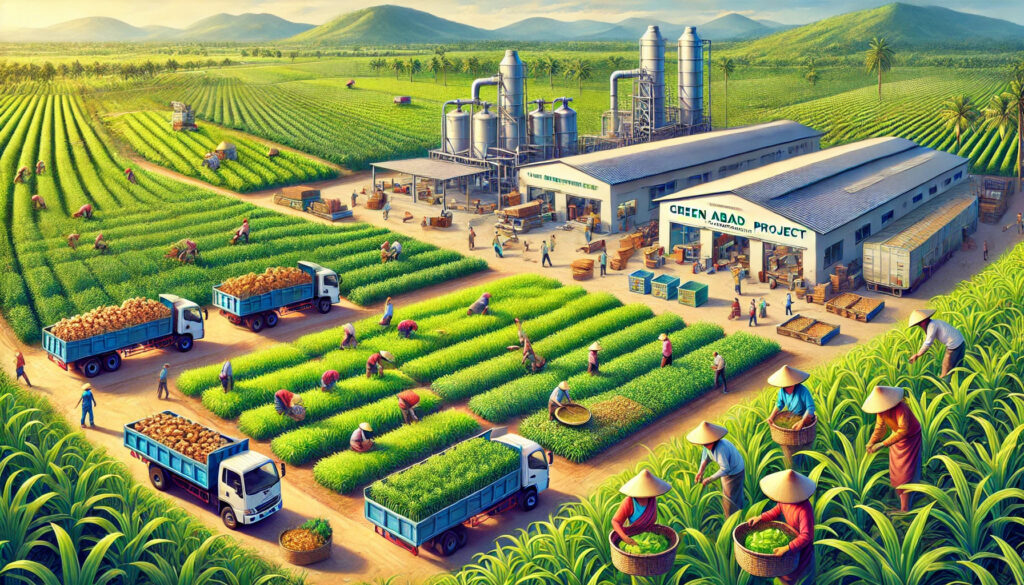
Creating Jobs: Green Abad project will create innumerable employment opportunities in the farming, processing, and distribution sectors. Local communities will be able to access more employment opportunities and increased economic activities.
Market Expansion: It would open new markets, both the domestic and international. The opening of new markets can enable Green Abad to produce high-quality ginger, thus competing in a global market, which would increase its revenue and increase market presence.
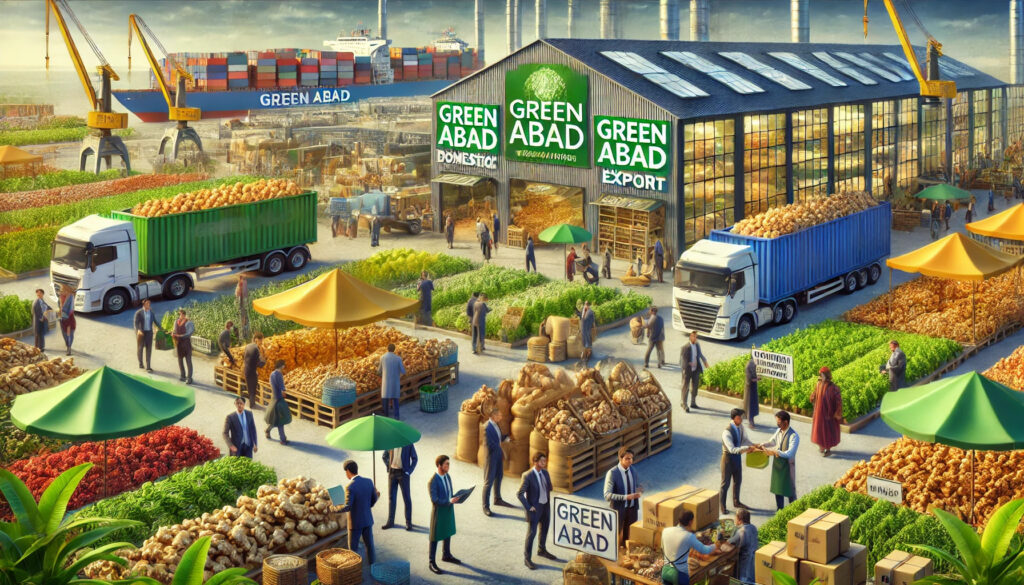
Social Contributions
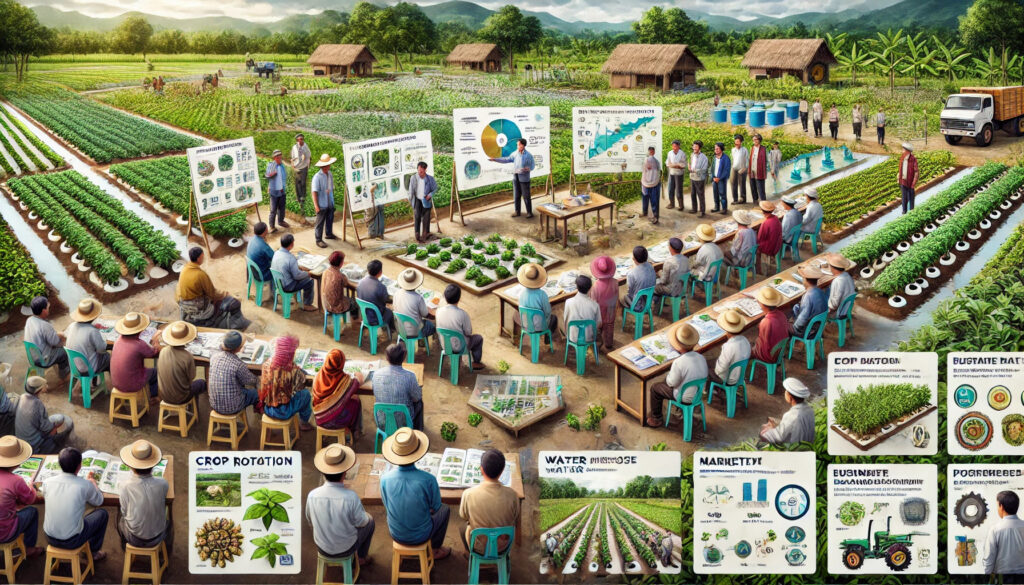
Farmer Training: Green Abad shall use this as a point to better the lives of the local farmers through in-depth training of the farmers. Among them are modern farming practices that enhance productivity and sustainability. Farmers are trained in crop rotation, efficient use of water, and pest control, besides incorporating technology into the farming sector. There will also be training on more sustainable practices that will take care of the general environment and, besides that, long-term soil health. It will also provide business management skills, enabling farmers to manage their finances, marketing, and operations. This empowerment is expected to increase agricultural output and capacity building in the farming community.
Community Development: The company aims to develop the local community comprehensively by making significant investments in infrastructure. They build new roads or fill up the potholes in the existing ones to maximize transportation and accessibility and then enable an easy way to the marketplace, health institutions, and schools. Building/improving schools will result in better educational facilities, allowing the children to receive quality education in a good environment. The designs of these works are meant to bring a livelier and sustainable community, where improved infrastructure will lead to improved life. The improved roads and schools will not only enhance the living standards but also the economic growth and social development of the region.


